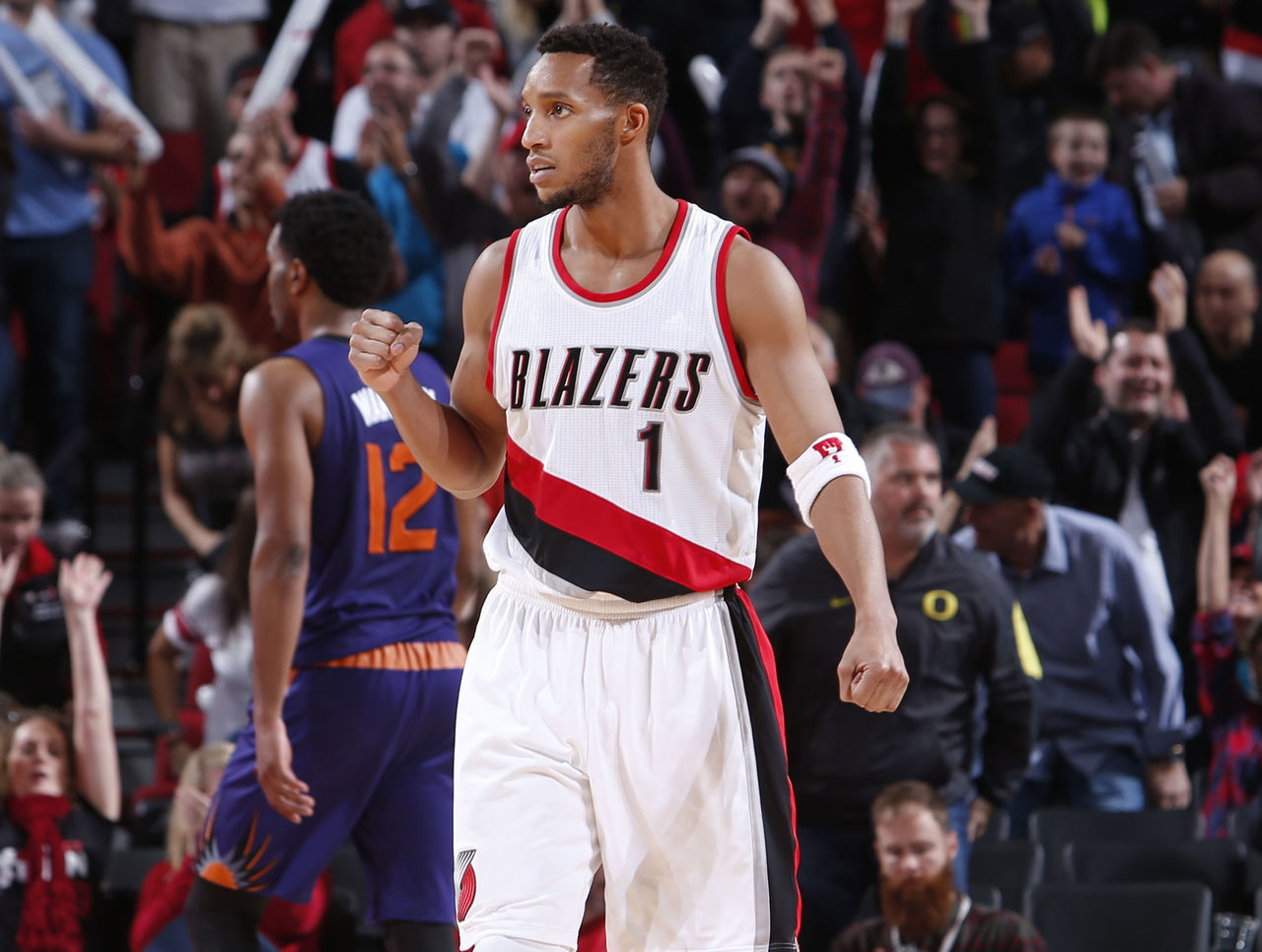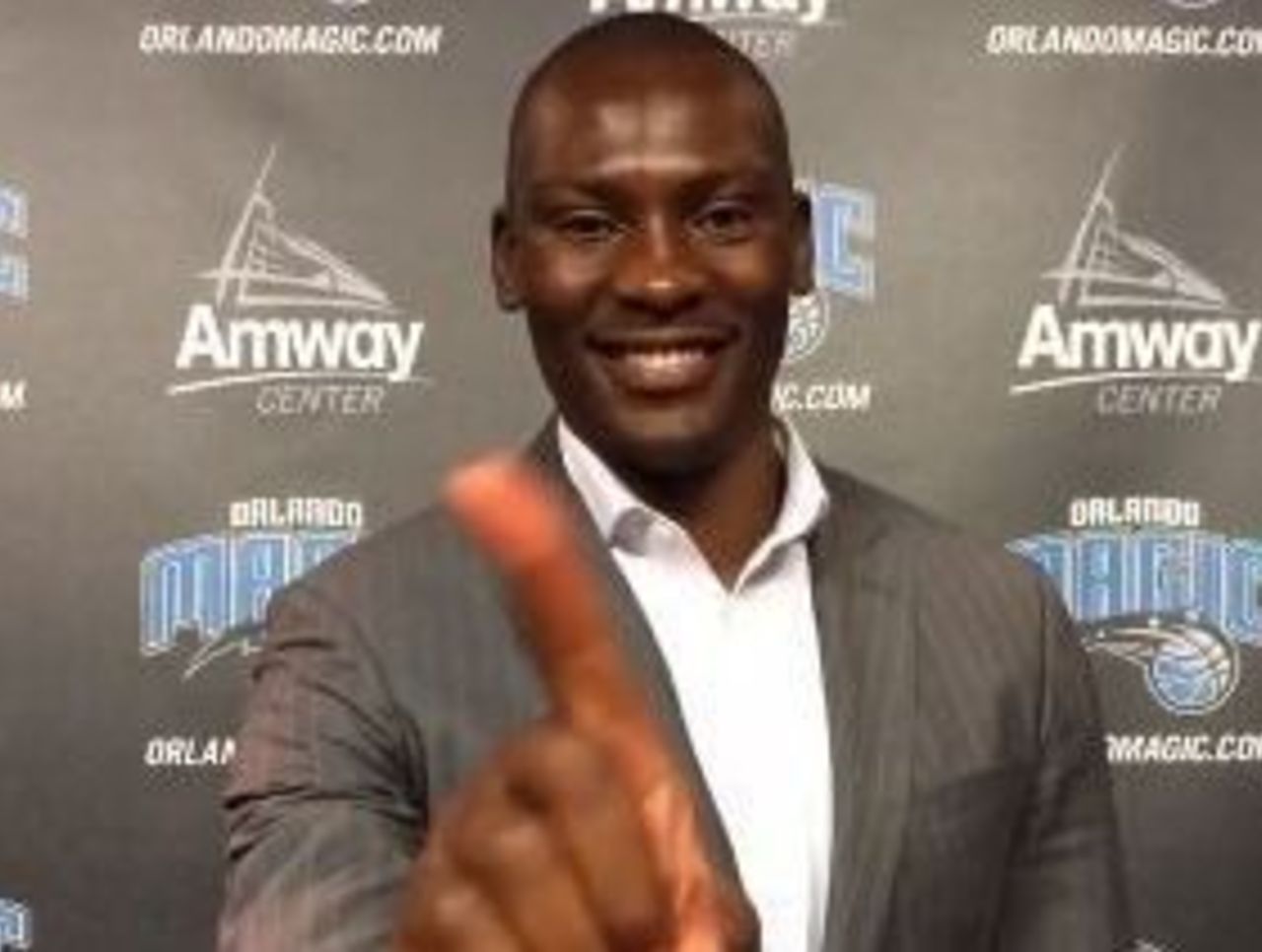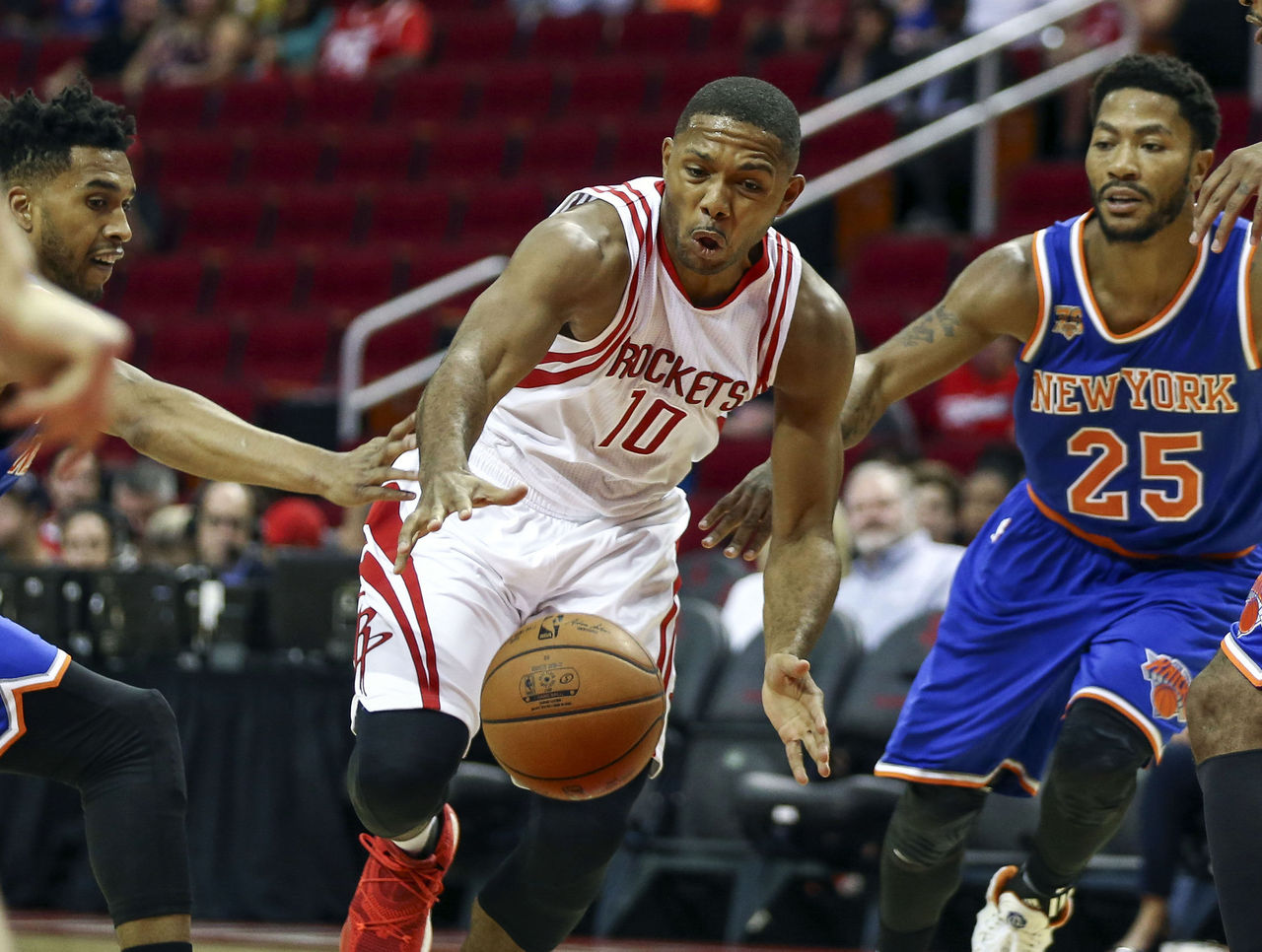Early returns: How this summer's big-money signings have looked so far
Everyone thinks they know everything in the offseason. Who won what trades, who screwed up at the draft, and, most importantly, who got gouged in free agency. A booming salary cap resulted in some of the most unexpectedly generous free-agent contracts in NBA history, and now there are a whole lot of deals that everyone knew were terrible from the moment they were signed.
Now that we're double-digit games into the NBA season, we can afford to look back at some of those internet-baiting contracts with actual statistical evidence and try to figure out whether there was logic to them that wasn't clear at the time.
So, do any of these infamous summer splurges look reasonable today?
Timofey Mozgov, Los Angeles Lakers (4 Years, $64 Million)
The contract that served as the opening bell for the NBA offseason, the Lakers were roundly mocked for giving a 30-year-old center who could barely get off the bench for the Cavs during their championship run the same kind of money they were paying Pau Gasol in their own title years of the late 00s. For a franchise who'd finished in the upper stretches of the lottery for the last three seasons, and who presumably still fancied themselves a top-flight free agent destination, it certainly seemed a strange investment of resources.
12 games into the season for Los Angeles and it's tough to argue the Mozgov era hasn't unfolded about as well as could be reasonably expected. He's hardly putting up All-Star numbers for the Baby Lakers - about nine points and five boards in 22 minutes a night - but he's shooting a league-best 64.6 percent from the field, has an offensive rating of 122, and the Lakers are 7-5, leading to headlines like "Timofey Mozgov is showing why the Lakers signed him to a huge contract."
Of course, this best-case scenario is unlikely to last, especially as the Lakers' schedule takes a turn for the terrifying this weekend, and the Lakers have actually been better on defense with Mozgov sitting. But there even still being an argument about the contract's validity at this point is more than most probably expected in July.

Evan Turner, Portland Trailblazers (4 Years, $70 Million)
The Pearl Jam to Mozgov's Nirvana when it comes to stupefying summer contracts, Turner turned two years of slightly above average play on a slightly above average Celtics team into a contract that paid him $64 million more than his last one, with a team that didn't necessarily have a place for him to begin with.
And so far, the returns for the Villain have been about as expected: He's coming off the bench and missing a lot of shots, averaging just seven points per game on 37 percent shooting. His numbers are down across the board, as he's getting fewer assists, fewer free throws, and fewer steals per 36 minutes than he was in Boston, and the Blazers are dramatically worse on both sides of the ball when he's in the game.
Allen Crabbe, Portland Trailblazers (4 Years, $75 Million)
Amazingly, the Turner contract might not have been Portland's most contentious of the off-season. That honor could just as plausibly go to the $75 million they gave to third-year wing Crabbe. Now, to be fair, the contract matched a deal offered by the Nets, but paying max-type money for a player with 17 career starts in the NBA is never going to feel particularly secure.
Thus far, Crabbe has been solid enough off the bench for Portland, averaging about nine points per game on 45 percent shooting (36 percent from three), but playing distinctly like a role player, not an appreciable difference-maker in any phase of the game. He's still only 24, and the Blazers are probably betting he'll grow into his contract, but right now it certainly looks hard to justify.

Jeff Green, Orlando Magic (1 Year, $15 Million)
Bismack Biyombo, Orlando Magic (4 Years, $70 Million)
D.J. Augustin, Orlando Magic (4 Years, $29 Million)
It seems fair to group the Orlando Magic's entire reserve shopping spree from the summer together. The Magic spent a combined $114 million on players who basically had no hope of cracking the team's starting lineup. Jeff Green's contract might have sneakily been the summer's least explicable, with Orlando paying $15 million for a proven disappointment who's like a reverse microwave off the bench. And, indeed, he's ho-hummed his way to eight points and three boards per game on 32 percent shooting thus far for Orlando.
Bismack Biyombo at least has distinct utility as a defensive-minded backup center, and is coming off a career-making playoff run with Toronto. But $70 million for a guy getting 23 minutes a night behind Nik Vucevic is a curious luxury, and Biyombo has been beyond miserable on offense in Orlando, averaging just four points a night with a TS percent of 45.
Amazingly, the best of the bunch might be the absurd four-year commitment to D.J. Augustin, a career reserve who's never been good for two consecutive seasons. After a hot end to the season on a going-nowhere Nuggets team last year, he cashed in with the Magic, and, so far, he's been OK-ish. He's only shooting 40 percent, but is scoring 18 per 36 minutes, and mostly taking care of the ball - eminently acceptable numbers for a backup PG. For the 5-7 Magic, that may as well be a home-run signing.

Eric Gordon, Houston Rockets (4 Years, $53 Million)
Ryan Anderson, Houston Rockets (4 Years, $80 Million)
Two contracts that seemed justifiable on their own but indefensible in tandem. Were the Rockets really paying $133 million for two of the key guys from a mostly disastrous New Orleans Pelicans team? Was anyone going to play defense? The answers after 12 games for Houston: Yes, and maybe, but not them.
Gordon and Anderson have mostly been wilting dandelions on defense for Mike D'Antoni, and their stats have been largely unspectacular individually. But plugging them in around the devastating attack of James Harden seems to be proving decently effective on offense, with both averaging around three triples a game at around a 40 percent clip, as Harden unleashes holy hell from within. As D'Antoni himself would no doubt say, they've played better defense than the other team seven times out of 12 so far. Whether that's worth $34 million a year may come down to how far it takes them in the postseason.